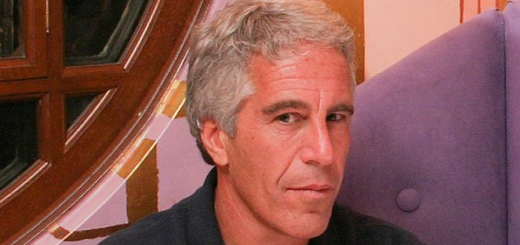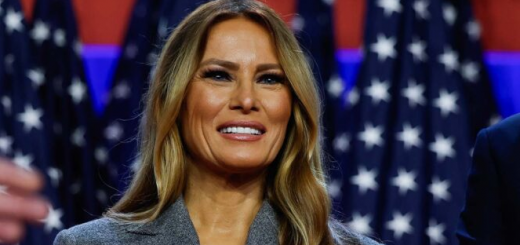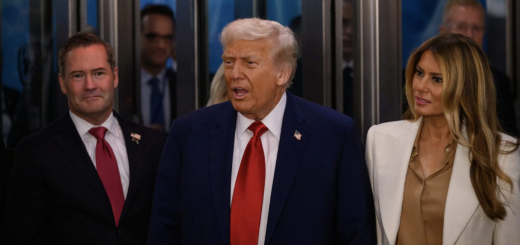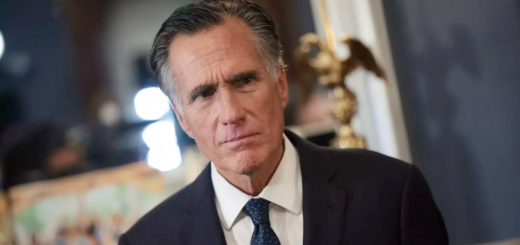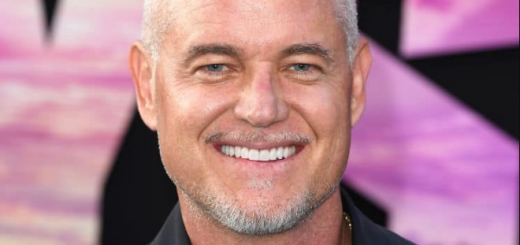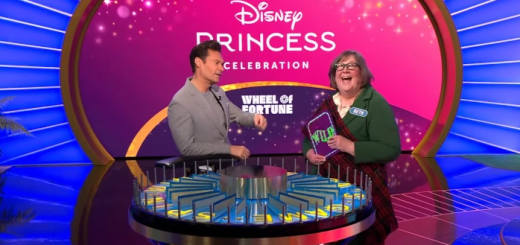Trump’s New Executive Order Raises Concerns Over Popular Medications for Children
In a move aimed at tackling the alarming rise in childhood chronic illnesses, President Donald Trump has signed an executive order that is sparking national debate.
The new directive supports the “Make America Healthy Again” (MAHA) initiative, a platform led by newly appointed Health and Human Services Secretary Robert F. Kennedy Jr.
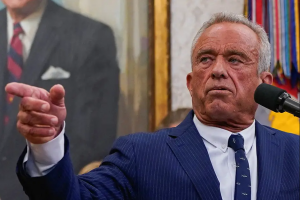
According to the White House, more than 30 million children in the U.S. were affected by chronic health conditions in 2022 alone. These include:
Autism spectrum disorder, which now affects 1 in 36 children (a dramatic increase from just 1 in 10,000 in the 1980s)
Adolescent fatty liver disease, impacting 18% of older teens
Nearly 30% of adolescents being classified as prediabetic
Over 40% of youth now considered overweight or obese
The administration is linking part of this surge to the over-prescription of medications and lifestyle factors, signaling a significant shift in how health policy might address mental and physical well-being in youth going forward.
A New Approach to Health Policy
RFK Jr. has stated that the Commission under the MAHA initiative will examine the rise of childhood diseases based on “unbiased science,” without excluding traditionally sensitive topics.
“We will investigate everything—from environmental toxins and food additives to SSRIs [selective serotonin reuptake inhibitors], antipsychotics, and other psychiatric drugs,” he said, promising that “nothing is off-limits.”
The order tasks the Commission with reviewing:
Over-reliance on prescription drugs
The safety and regulation of food ingredients and chemicals
The effects of sedentary lifestyles and screen exposure
Transparency in data and eliminating outside influence on scientific recommendations
RFK Jr. emphasized the importance of removing political bias and restoring public trust in medical research, urging his team to follow agreed-upon protocols and prioritize evidence over ideology.
Mixed Reactions from the Medical Community
While some experts agree with the need to re-evaluate prescribing practices, others have raised concerns that federal oversight might interfere with the doctor-patient relationship.
HHS Secretary RFK Jr. pledges “NOTHING is gonna be off limits” in chronic disease investigation
“The childhood vaccine schedule, electromagnetic radiation, glyphosate, other pesticides, ultra processed foods, artificial food additives, SSRI and other psychiatric drugs, PFAs,… pic.twitter.com/kWV2LHuqTG
— Holden Culotta (@Holden_Culotta) February 18, 2025
Dr. Lelach Rave of the American Academy of Pediatrics noted:
“There’s real harm in untreated mental illness. Yes, medications come with risks—but so does ignoring the disease.”

Medical professionals worry that a “one-size-fits-all” approach could lead to delays in critical care or discourage necessary treatment for children dealing with mental health challenges.
What’s Next?
The MAHA Commission has 100 days from the order’s signing to deliver a preliminary report evaluating the risks and prescribing patterns of psychiatric and weight-loss medications.
The findings are expected to shape future policies on childhood health.
The discussion around balancing medication use with holistic health strategies is far from over, and the coming months may see more heated debates as the Commission reveals its initial conclusions.


















